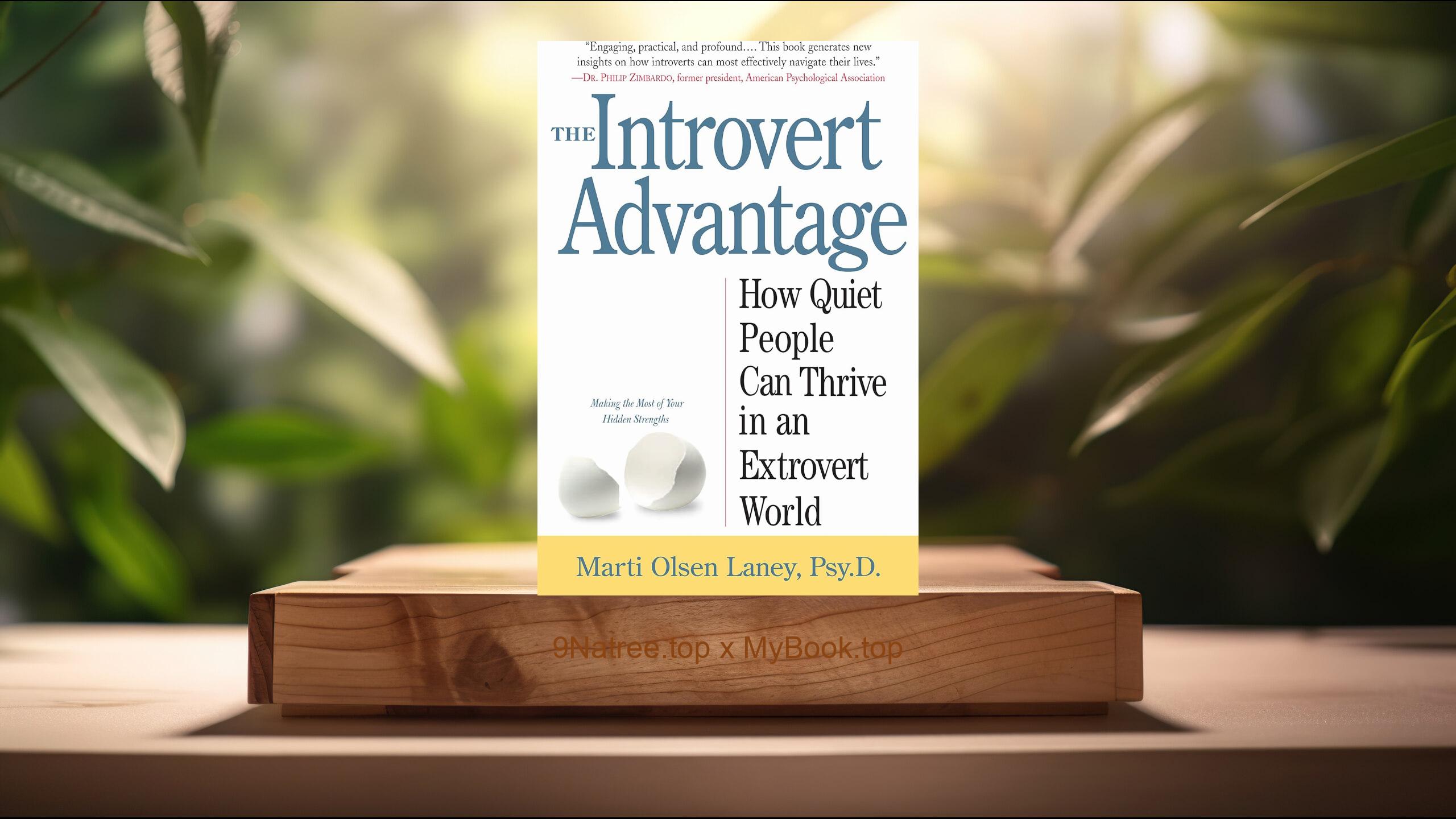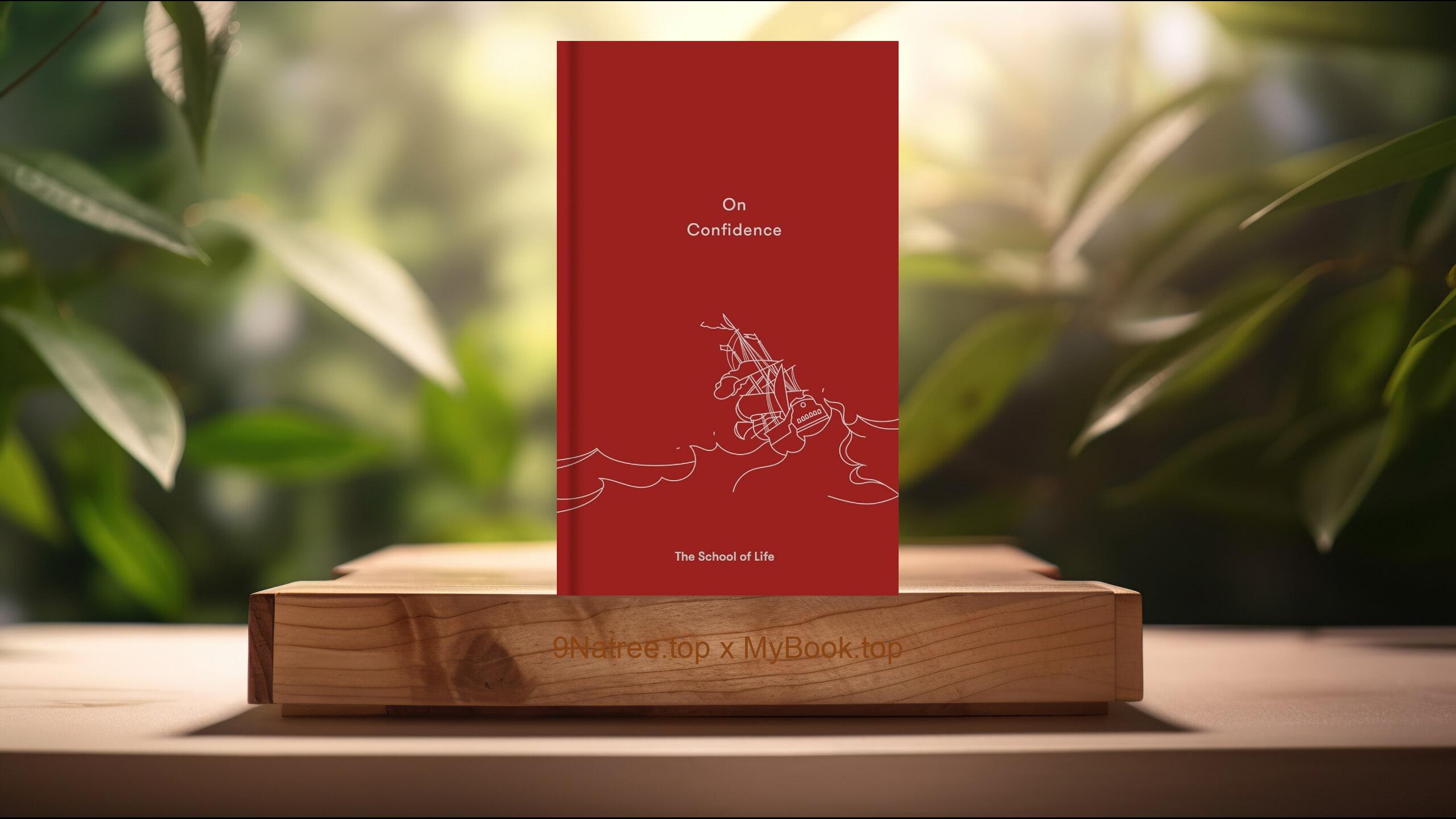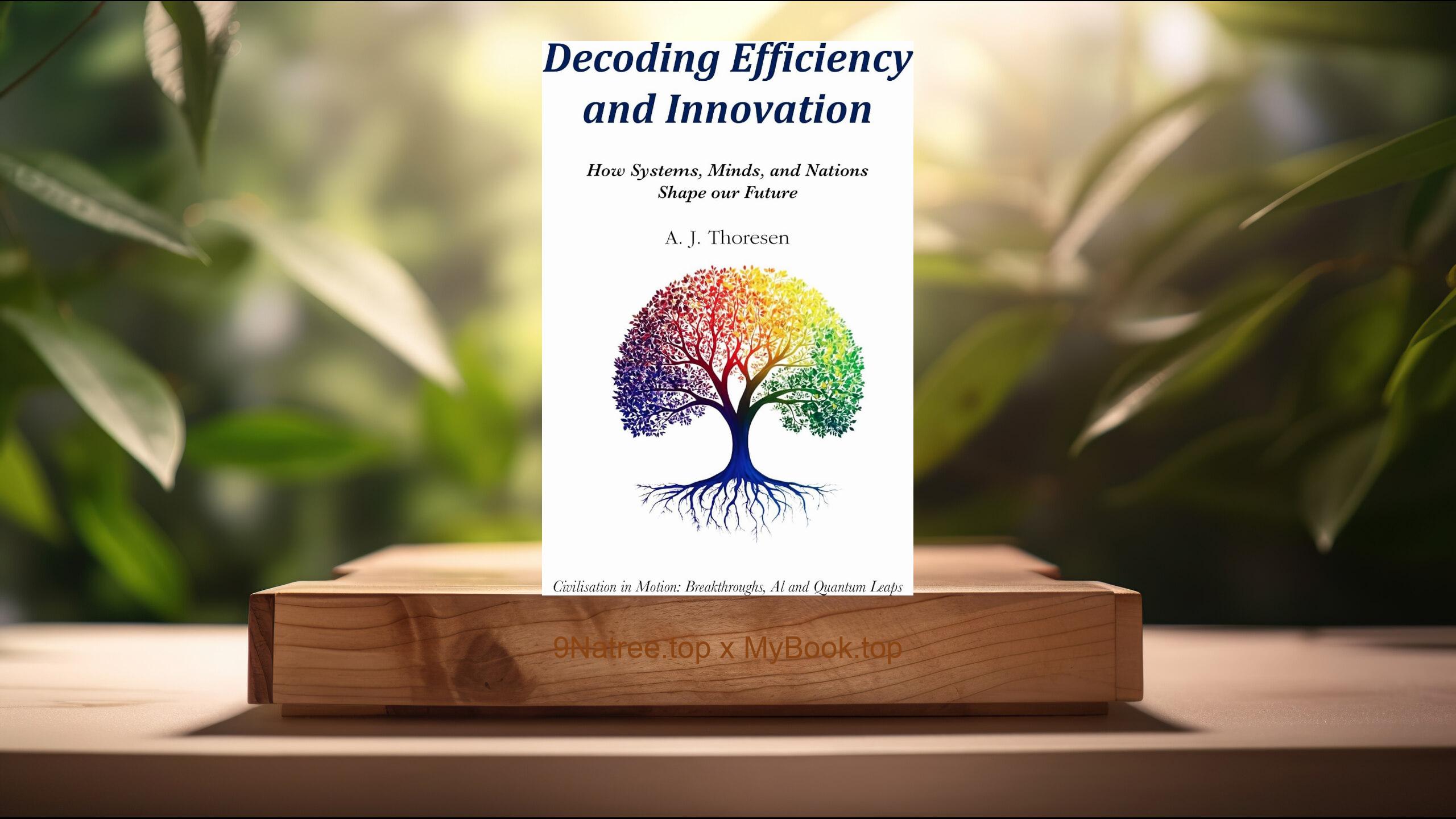Show Notes
- Amazon USA Store: https://www.amazon.com/dp/B086RGHJ2K?tag=9natree-20
- Amazon Worldwide Store: https://global.buys.trade/Stoicism-Jason-Hemlock.html
- Apple Books: https://books.apple.com/us/audiobook/stoicism-how-to-use-stoic-philosophy-to-find-inner/id1573563323?itsct=books_box_link&itscg=30200&ls=1&at=1001l3bAw&ct=9natree
- eBay: https://www.ebay.com/sch/i.html?_nkw=Stoicism+Jason+Hemlock+&mkcid=1&mkrid=711-53200-19255-0&siteid=0&campid=5339060787&customid=9natree&toolid=10001&mkevt=1
- Read more: https://mybook.top/read/B086RGHJ2K/
#StoicPhilosophy #InnerPeace #JasonHemlock #MentalResilience #EmotionalIntelligence #AncientWisdom #Stoicism
These are takeaways from this book.
Firstly, Understanding Stoicism, Stoicism posits that our quality of life is determined not by our external circumstances but by our attitudes and reactions to those circumstances. This chapter introduces the roots of Stoic philosophy, originating from Zeno of Citium in ancient Greece, and its evolution through Roman thinkers like Seneca, Epictetus, and Marcus Aurelius. Stoicism teaches the importance of living in accordance with nature and understanding that while we cannot control everything that happens to us, we can control our responses. The Stoic focuses on cultivating personal virtue and wisdom, striving for inner peace by managing one's desires, fears, and impulses through rational thought.
Secondly, The Four Cardinal Virtues, Central to Stoic philosophy are the four cardinal virtues: wisdom, courage, justice, and temperance. Wisdom encompasses knowledge and insight necessary to live a good life; courage is the ability to confront fear, uncertainty, and pain; justice involves dealing fairly and kindly with others; and temperance relates to self-control and moderation. Hemlock provides readers with practical examples of how these virtues can be incorporated into daily life, underscoring their relevance in making ethical decisions, facing adversity with poise, and maintaining personal integrity in a complex world. Through cultivating these virtues, individuals can achieve a state of eudaimonia, or flourishing.
Thirdly, The Dichotomy of Control, A key concept in Stoicism introduced by Epictetus is the 'Dichotomy of Control,' which categorizes things into those within our control (our thoughts, feelings, and behavior) and those outside it (others’ opinions, wealth, status). Hemlock elaborates on how understanding and applying this distinction can significantly reduce frustration and anxiety in everyday life. By focusing our energy and concern on what we can control and letting go of what we cannot, we cultivate mental resilience and peace. This chapter offers strategies for recognizing this dichotomy in various life scenarios and practical tips for shifting focus towards our sphere of influence, which is crucial for achieving happiness and serenity.
Fourthly, Practical Stoicism in Daily Life, Jason Hemlock outlines how to apply Stoic principles to modern living, providing actionable advice for handling stress, setbacks, and interpersonal conflicts. This chapter details practices such as 'morning reflections' on what virtues to embody for the day, 'evening reflections' on achievements and areas for improvement, and 'premeditatio malorum,' the visualization of potential challenges as a preparation method. These exercises aim to develop mindfulness, gratitude, and a robust mindset that thrives in adversity. Hemlock emphasizes that Stoicism is not about suppressing emotions but about recognizing and redirecting them towards productive ends.
Lastly, Overcoming Obstacles with Stoicism, This section delves into how Stoicism provides a framework for facing life’s inevitable challenges, whether personal loss, professional setbacks, or everyday annoyances. Hemlock shares stories and examples where adopting a Stoic attitude led to overcoming seemingly insurmountable obstacles. The chapter focuses on the importance of perspective—viewing obstacles as opportunities for growth and learning rather than insurmountable hurdles. By redefining our relationship with failure and adversity, Stoicism offers a path to resilience and inner strength, teaching us that what matters most is not what happens to us, but how we react to it.
![[Review] Stoicism (Jason Hemlock) Summarized](https://episodes.castos.com/660078c6833215-59505987/images/1993263/c1a-085k3-257v9w79f76o-vluyff.jpg)




